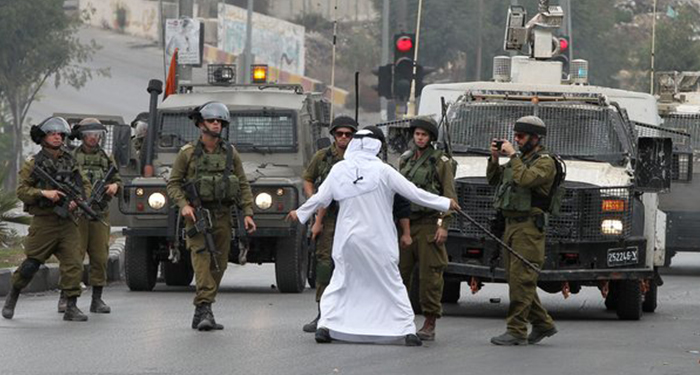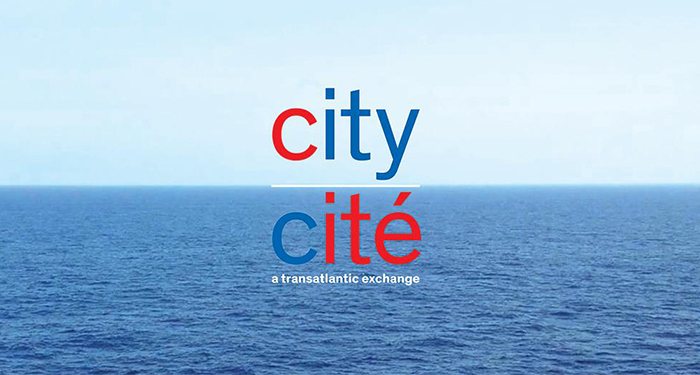Julian Agyeman, Professor of Urban, Environmental Policy, and Planning at Tufts University
Thursday, October 29, 2015 at 3:00 PM at Student Center East Room 605
Free lecture, light refreshments provided
RSVP (to gini@uic.edu) recommended, but not required
Questions: Email Carla Pierre Gini at gini@uic.edu
This program is hosted by the UIC Office of Sustainability.
Co-sponsored by:
College of Liberal Arts and Sciences (LAS)
The Institute for Environmental Science and Policy (IESP)
Office of the Chancellor
College of Urban Planning and Public Affairs (CUPPA)
Institute for the Humanities
Office of Diversity
School of Public Health
Department of Communication
The Illinois Occupational and Environmental Health and Safety Education and Research Center (ERC)
Great Cities Institute
Social Justice Initiative
Latin American and Latino Studies Program
Gender and Women’s Studies Program
International Studies Program

